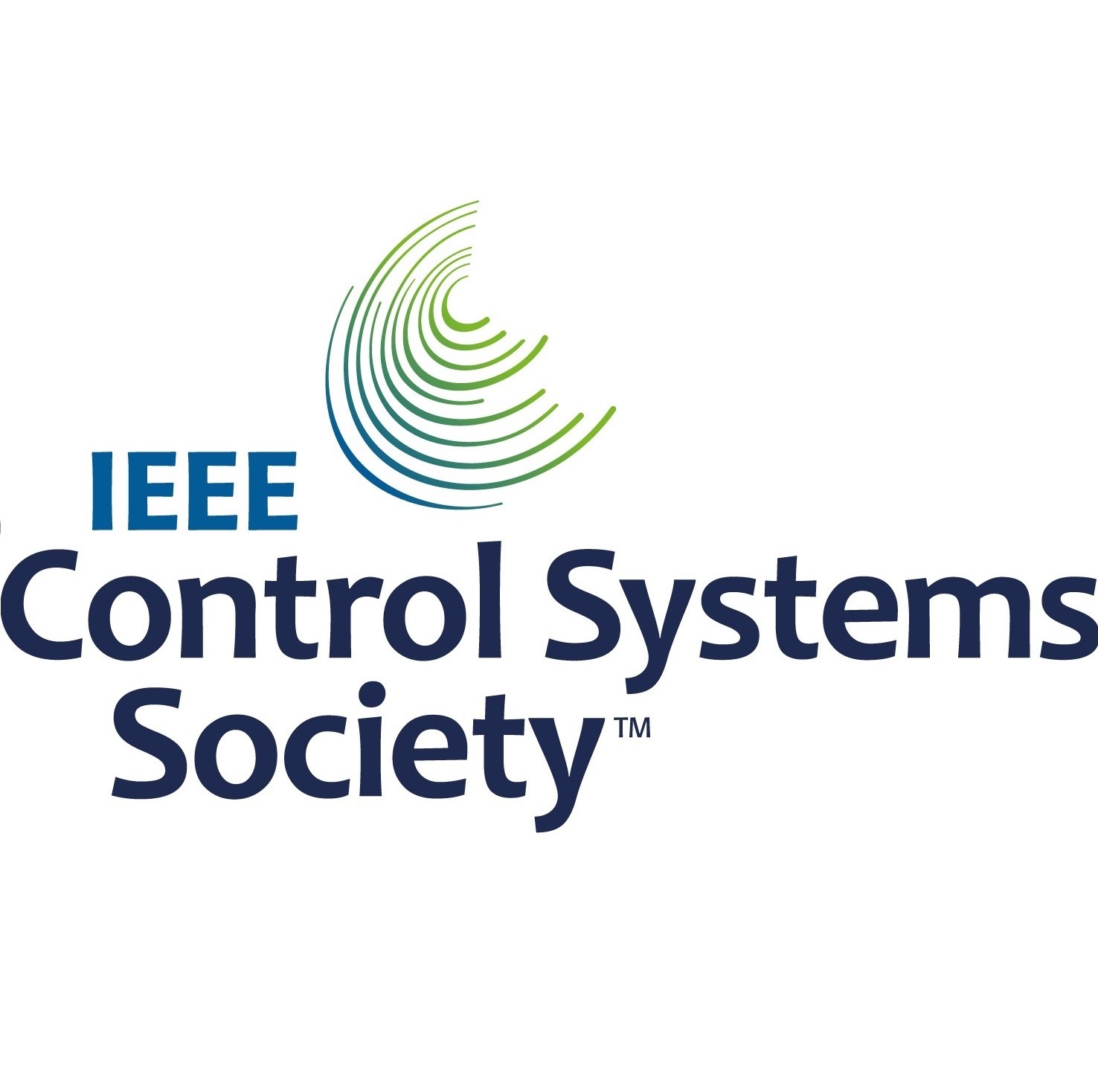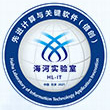Preconference Workshop 2:
Optimal control, estimation and learning
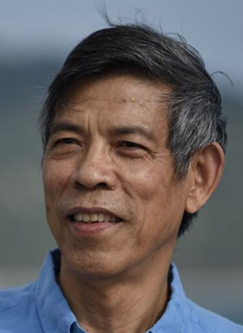 Speaker:Minyue Fu, Southern University of Science and Technology, China
Speaker:Minyue Fu, Southern University of Science and Technology, China
Title:Generalisations of BP Algorithm for Distributed Estimation and Optimisation
Abstract: In this talk, we study several related distributed estimation and optimisation problems for large networked systems. These problems include distributed solution to linear systems, distributed convex optimisation, and distributed weighted least squares. We introduce some powerful distributed algorithms generalised from the classical statistical learning algorithm known as belief propagation (BP) algorithm or message-passing algorithm. These algorithms are efficient, scalable, and easy to implement. The optimality and convergence properties of the proposed algorithms will be studied.
Biography: Minyue Fu received his bachelor's degree in electrical engineering from the University of Science and Technology of China, Hefei, China, in 1982, and Master and Ph.D. degrees in Electrical Engineering from University of Wisconsin-Madison, USA in 1983 and 1987, respectively. From 1987 to 1989, he served as an Assistant Professor in the Department of Electrical and Computer Engineering, Wayne State University, USA. He joined the University of Newcastle, Australia, in 1989 and became a Chair Professor in Electrical Engineering in 2003. From 2023, he became a Chair Professor at Southern University of Science and Technology, Shenzhen, China. His current research interests include networked control systems, distributed estimation and control, high-precision control, and reinforcement learning. He has been an Associate Editor for the IEEE Transactions on Automatic Control, IEEE Transactions on Signal Processing, Automatica and Journal of Optimization and Engineering. He is a Fellow of IEEE, Fellow of IFAC, Fellow of Engineers Australia, and Fellow of Chinese Association of Automation.
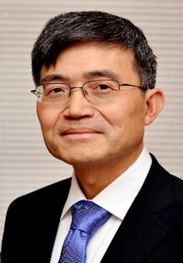 Speaker:Zhong-Ping Jiang, New York University, USA
Speaker:Zhong-Ping Jiang, New York University, USA
Title:Learning-Based Control for Unknown Complex Systems
Abstract: Model-based control has witnessed tremendous progress over the last 100 years. In the era of artificial intelligence and autonomous systems, traditional model-based control-theoretical methods are insufficient to addressing emerging control applications tied to networks of super autonomous systems involving V2X communications and operating in complex dynamically changing environments. Learning-based control is a new topic aimed at developing computationally simple, analytically tractable learning algorithms. These algorithms yield direct adaptive optimal controllers from data collected online in real time. In this talk, I will discuss recent developments in learning-based control, especially robust adaptive dynamic programming (RADP) for continuous-time nonlinear systems with dynamic uncertainties. Then, I will show how RADP can serve as a new tool to learn adaptive and optimal nonlinear controllers from data via its applications to autonomous vehicles and biological motor control.
Biography: Zhong-Ping JIANG received the M.Sc. degree in statistics from the University of Paris XI, France, in 1989, and the Ph.D. degree in automatic control and mathematics from ParisTech-Mines (formerly called the Ecole des Mines de Paris), France, in 1993, under the direction of Prof. Laurent Praly.
Currently, he is a Professor of Electrical and Computer Engineering at the Tandon School of Engineering, New York University. His main research interests include stability theory, robust/adaptive/distributed nonlinear control, robust adaptive dynamic programming, reinforcement learning and their applications to information, mechanical and biological systems. In these fields, he has written six books and is the author/co-author of about 600 peer-reviewed journal and conference papers. Prof. Jiang is a recipient of the prestigious Queen Elizabeth II Fellowship Award from the Australian Research Council, CAREER Award from the U.S. National Science Foundation, JSPS Invitation Fellowship from the Japan Society for the Promotion of Science, Distinguished Overseas Chinese Scholar Award from the NSF of China, and several best paper awards. He has served as Deputy Editor-in-Chief, Senior Editor and Associate Editor for numerous journals. Prof. Jiang is a Fellow of the IEEE, IFAC, CAA and AAIA, a foreign member of the Academia Europaea (Academy of Europe), and is among the Clarivate Analytics Highly Cited Researchers. In 2022, he received the Excellence in Research Award from the NYU Tandon School of Engineering.
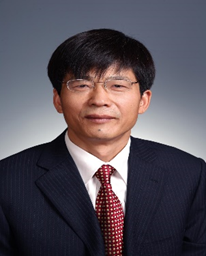 Speaker:Huanshui Zhang, Shandong University of Science and Technology, China
Speaker:Huanshui Zhang, Shandong University of Science and Technology, China
Title:LQ Optimal Control with Stackelberg Strategy
Abstract: In this talk, we study the LQ control with Stackelberg strategy. The challenging and difficulty of the problems are discussed for both the cases of open-loop and closed-loop. Then we proposed a method of solving FBDEs to derive the necessary and sufficient solution to the open-loop controller, and apply the full information linear feedback to derive the closed-loop controller with the state of current and previous time. The presented results represent the substantial progress of the optimal control of Stackelberg strategy.
Biography: Huanshui Zhang received the Ph.D. degree from Northeastern University, 1997, China. He held associated Professor of Taishan College from 1994 to 1999, and Professor of Shandong University from 1999 to 2003. From 2003 to 2006 he held Professor of Harbin Institute of Technology. In 2006, he was appointed as Distinguished Professor and Taishan Scholar at Shandong University. In 2008, he received the Distinguished Young Scholar Award of China. Currently, he is a Distinguished Professor at Shandong University of Science and Technology and Professor of Shandong University.
His current research interests include optimal control, stochastic systems, time delay systems, networked systems, decentralized control and Stackelberg strategy control. He has authored and co-authored over 200 journal papers and 100 conference papers.
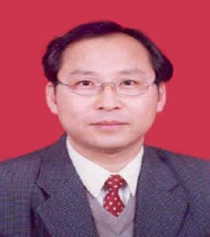 Speaker:Weihai Zhang, Shandong University of Science and Technology, China
Speaker:Weihai Zhang, Shandong University of Science and Technology, China
Title:H-Representation technique and its Applications
Abstract: This report will introduce a new technique called “H-representation technique”, which builds the bridge between deterministic systems and stochastic systems in some issues. As applications, H-representation technique can be used to study generalized Lyapunov equations, complete observability of stochastic time-varying systems, and moment stability of stochastic systems. H-representation technique has been successfully applied to many topics by well-known researchers.
Biography: Weihai Zhang received his M.S. degree and the Ph . D. degree from Zhejiang University, Hangzhou, China, in 1994 and 1998, respectively. He is currently a Professor of Shandong University of Science and Technology. Dr. Zhang is a Taishan Scholar of Shandong Province of China, Associate Editors of Asian Journal of Control, International Journal of Fuzzy Systems, and Journal of The Franklin Institute. Dr. Zhang is a Senior Member of IEEE and a Member of Technical Committee on Control Theory of Chinese Association of Automation.
Dr. Zhang has published more than 200 peer-reviewed journal papers and two monographs in Springer Press and CRC Press. His research interests include linear and nonlinear optimal stochastic control, robust H infinity control, adaptive fuzzy control, and reinforcement learning. He has won the second prize of the Ministry of Education of the People’s Republic of China twice.
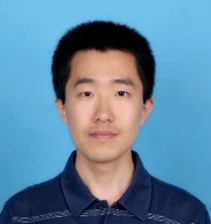 Speaker:Wen-Xiao Zhao, Institute of Mathematics and Systems Science, Chinese Academy of Sciences, China
Speaker:Wen-Xiao Zhao, Institute of Mathematics and Systems Science, Chinese Academy of Sciences, China
Title:Adaptive regulation control of non-linear systems based on set-valued measurements
Abstract: Adaptive regulation of block-oriented nonlinear systems, i.e., Hammerstein and Wiener systems, with binary-valued measurements of the regulation errors is considered. An adaptive regulator based on the stochastic approximation algorithm is proposed and it is proved that the regulator is optimal in the sense that it minimizes the long-run average of the squared regulation errors almost surely.
Biography: Wen-Xiao Zhao graduated from Shandong University and received his PhD from the Institute of Mathematics and Systems Science, Chinese Academy of Sciences. His research interests focus on theoretical studies of modelling, estimation and control of stochastic systems, including variable selection and sparse parameter identification, recursive estimation and adaptive control of stochastic systems, distributed estimation and optimization of multi-intelligent systems, and related applied research. He is currently on the editorial board of System Science and Mathematics, the editorial board of IEEE CSS Conference Editorial Board and the secretary general of IEEE CSS Beijing Chapter.








